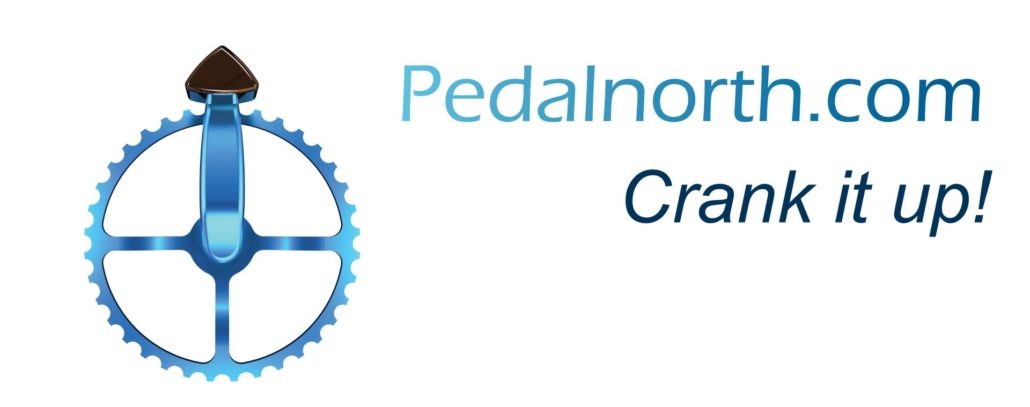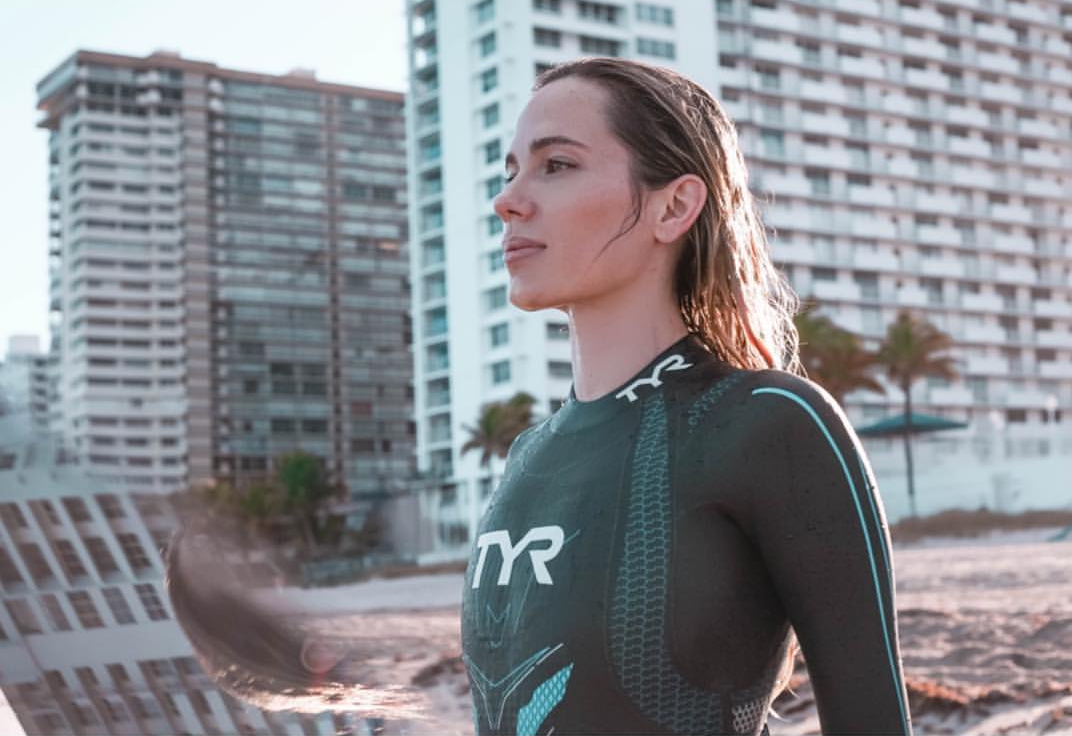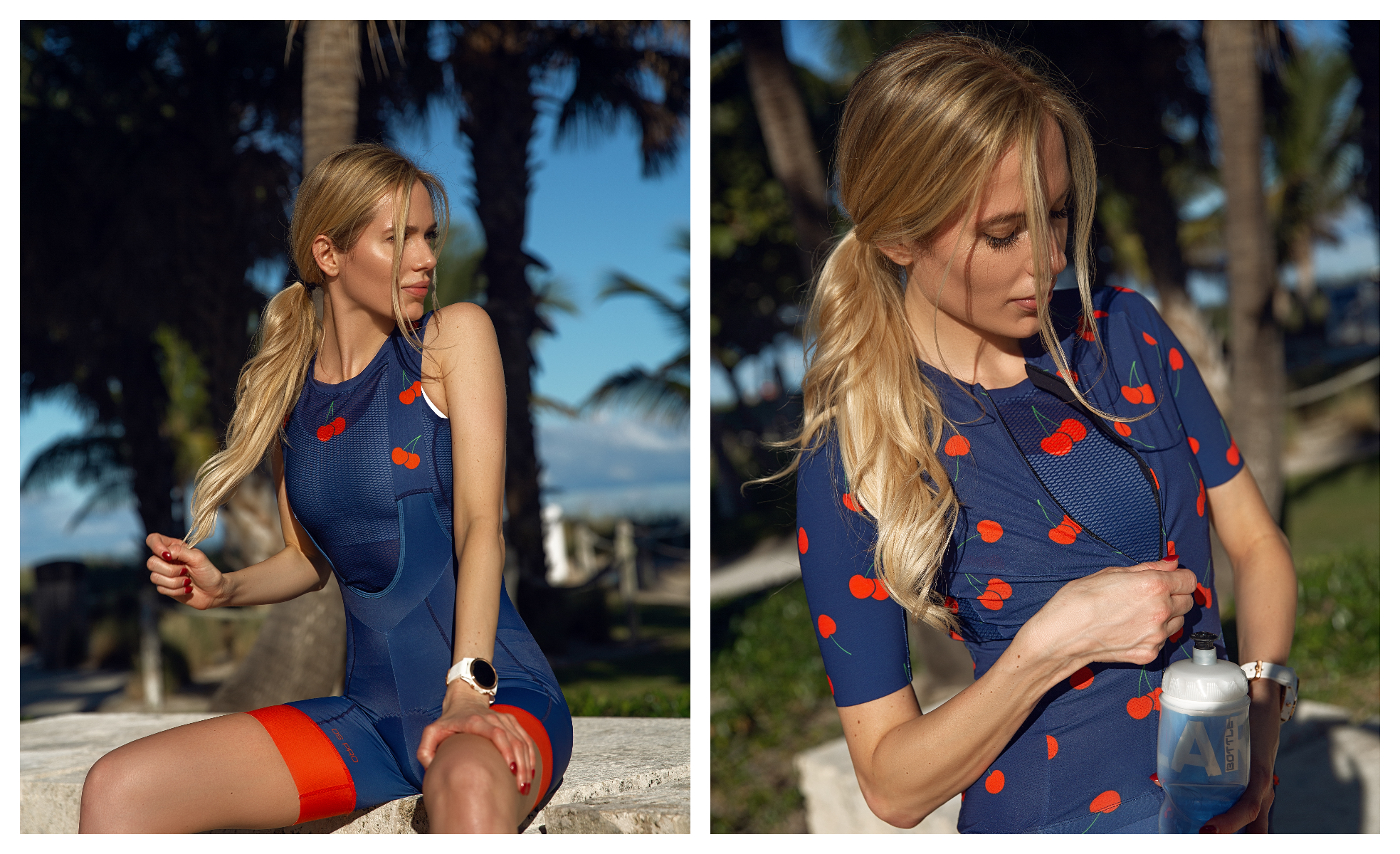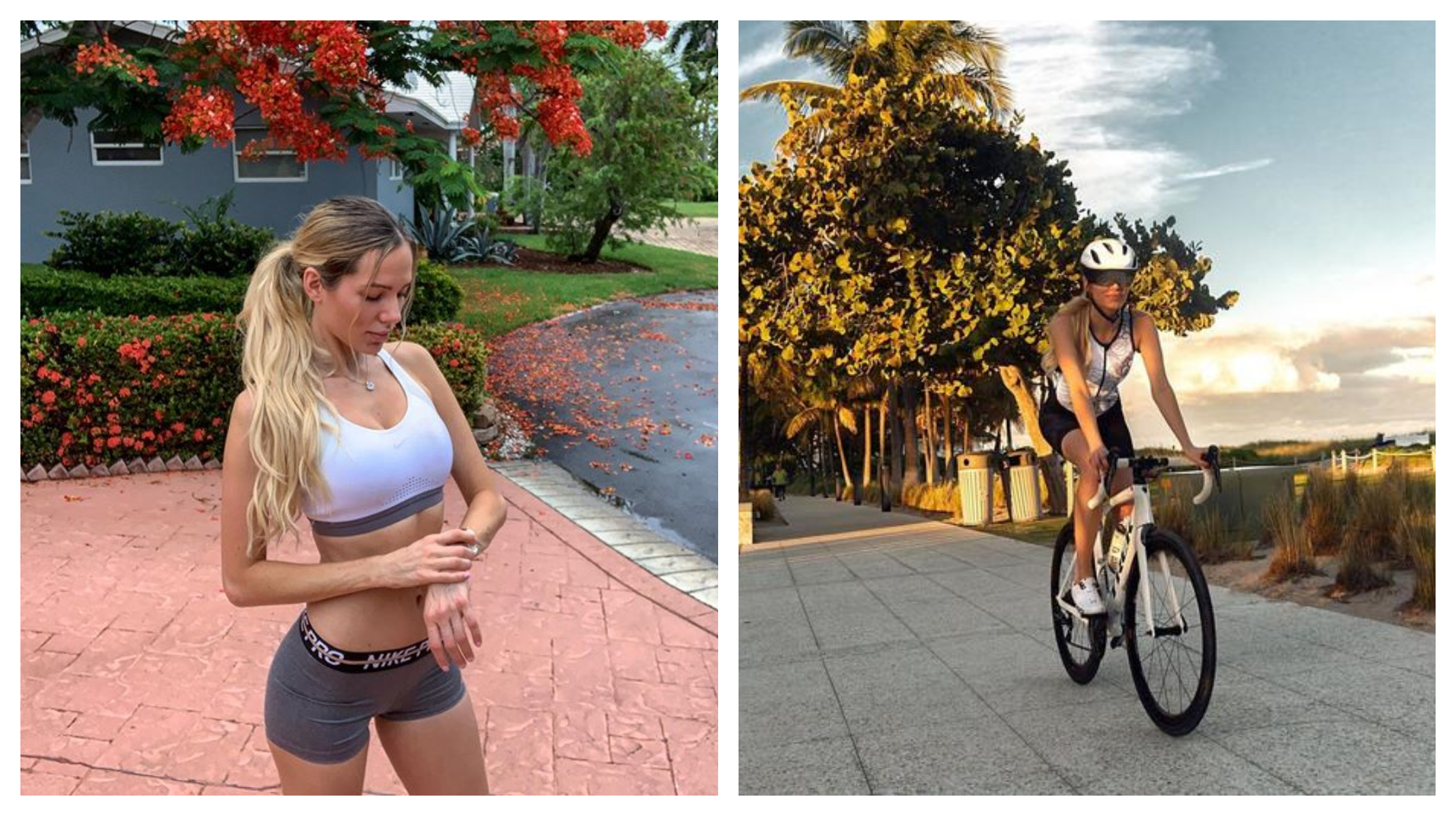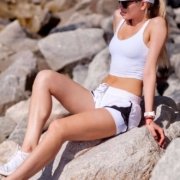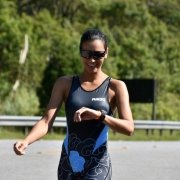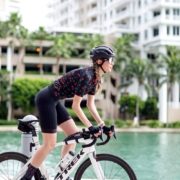Heat, Hydration & Effort
Triathlon is super tough and the heat can adversely affect all of us. It’s also good to know how much effort to use at give times and what the secret ingredient to success is. Triathlon coach Nadezhda tackles these issues here for you.
Heat is something that we generate when exercising and is also environmental if racing on a warm day or in a particular location, like say Florida; and if it’s not where you usually live then the heat will definitely be an issue unless you plan for these eventualities. Triathlon training is tough in the heat and competing in triathlon is tougher still if you don’t manage hydration. Let’s look at the issues surrounding hydration in our latest triathlon training blog, to help you to develop your own triathlon training programme.
4 ways to heat acclimatize when you live in cold climate.
Do you live in cool weather but have a race or training camp in hot (or humid) conditions? Some of the top athletes do, like the Brownlee brothers from Yorkshire in the U.K. However, by following strategies simulating hot-humid environment can be adopted.
1. Train indoors on a trainer/treadmill with minimal airflow. (specially effective when the room is very warm).
2. Train outside but overdressed using breathable materials. For instance, wear an extra long sleeve jersey or a light jacket made of breathable material.
3. Hot tub. Train as usual, but allow time at the end of the workout for a soak at the hot tub. Take a hot bath for 15 minutes on day one, building 5 minutes per day, until 40 minutes on day six.
4. Sauna. Use sauna for seven to 10 days post-exercise for 20 to 30 minutes.
In addition to all of these above heat adaptation strategies, you should also plan a hydration/ electrolyte strategy that’s specific to your needs. This should be based on your sweat rate and is best done with the help of a coach. Remember, if you wait until you feel thirsty, it’s probably too late and you may already be dehydrated.
Be sure to consult with a doctor before undertaking the programs. Have you implemented any of these methods? Share your experience.
How to become faster without training hard⠀
⠀⠀⠀⠀
Right! Work on your efficiency and use your energy intelligently! There are some things you can do nothing about (your height, bone length), but there are many things you do have control over. Let’s start with the basics and see what you think shall we; what can you do to improve your economy?
1. Lose weight (no more donuts!)
It sounds oh so simple and it is. Be strong, eat fruit and leave the calorific cakes to the side or eat them far less and only as a treat.
2. Use lighter equipment
The components on your bike can make a huge difference .Switch your groupset and finishing kit and invest in some carbon finishing kit options.
3. Install aerodynamic bars
You can now even get bars with internal cable routing. If it’s marginal gains that you need, then take a look at this as an option. Aero bars in themselves will of course be a great upgrade.
4. Buy aerodynamic wheels, bike frame, helmet
The technology has dripped down from the pro level immeasurably in recent years, so take advantage and get yourself out shopping – oh yes, we like this one!
5. Work on technique
Wasted effort may come from poor technique, so join a club or get some personal advice from tri friends or a coach.
6. Get the bike fit done
Having the bike fitted to you will maximise all your work. Also consider shoe insoles specific to your feet and get them molded to you.
Which of the above suggestions is the easiest way for you? You don’t need to go wild and do every one. Take your time and think about it.
Self-confidence: The mark of a champion
Self-confidence is that intangible factor, the secret ingredient and competitive advantage that gives an athlete the courage and focus to defeat a stronger opponent. It keeps an athlete working hard regardless of how many times he/she may fail or how many obstacles get thrown in his/her path.
You may have all of the ability in the world to perform well, but if you don’t believe you have that ability, then you won’t perform up to that ability!
Do you agree that confidence is one of the most important physiological factors that affect an athlete’s performance? Keep checking in on my triathlon training advice articles and blogs and let’s give you that extra confidence.
